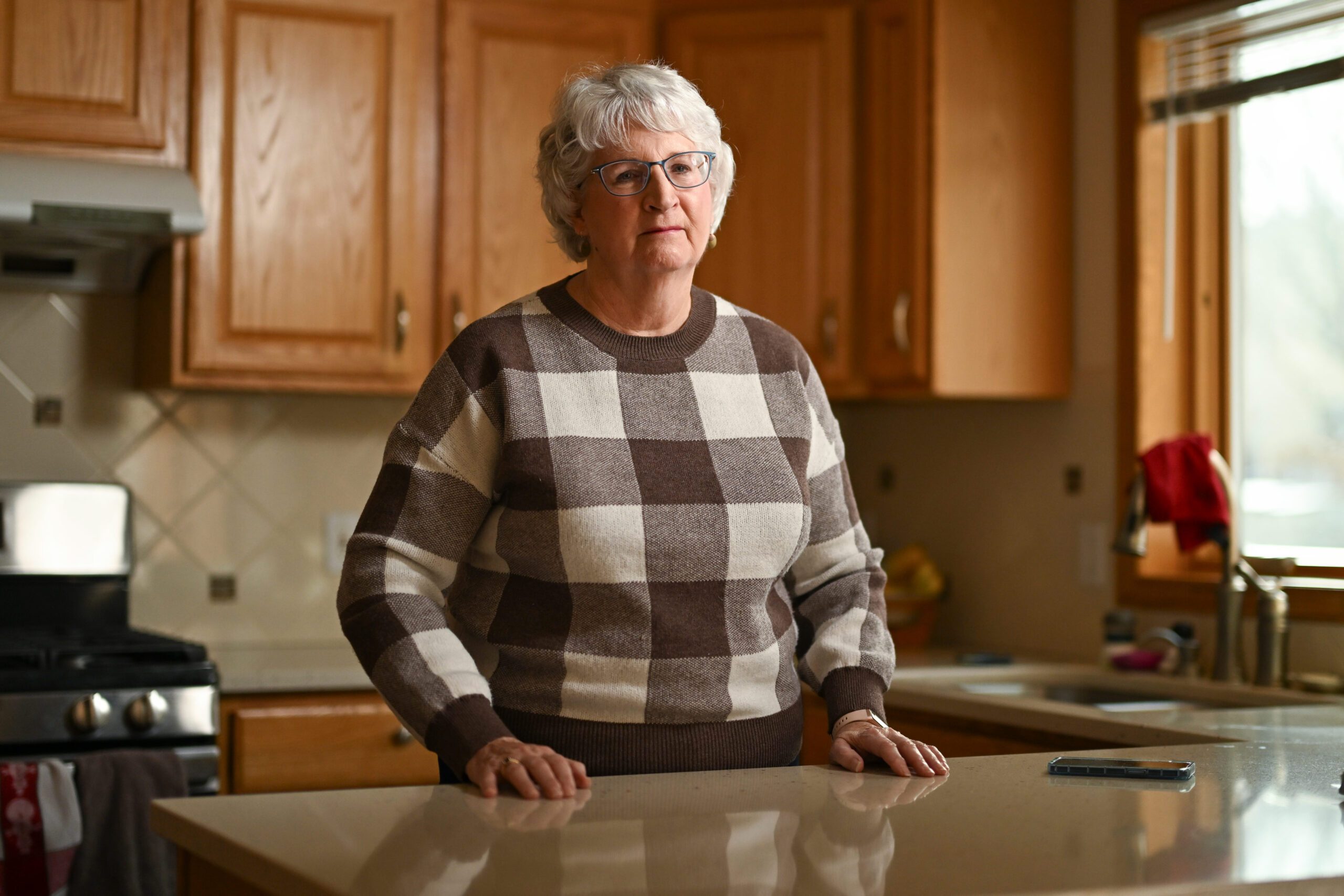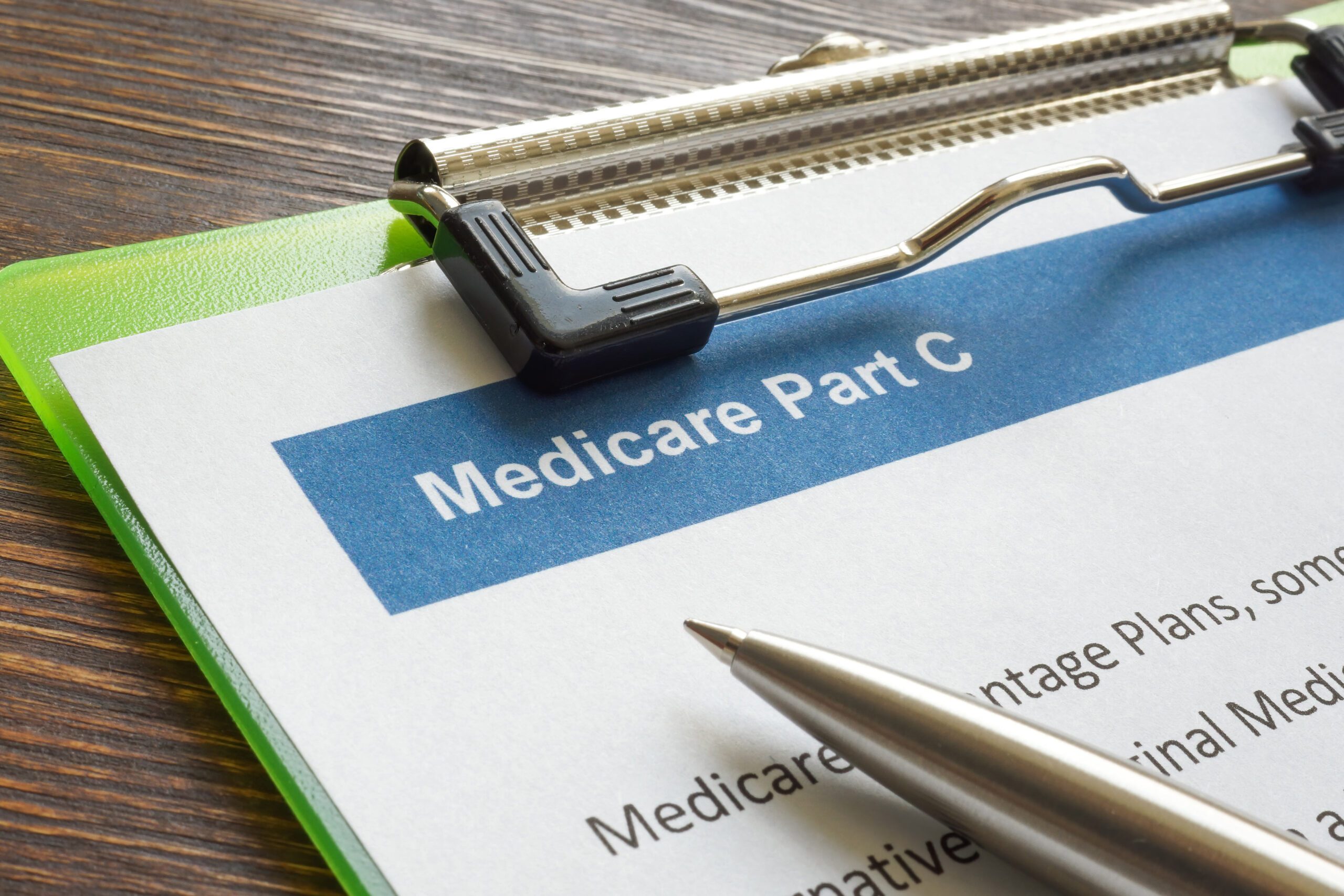
By Nicole Fawcett
Programs and services aimed at helping people reduce their risk of cancer don’t always meet the needs of people from diverse communities and cultures.
“We know that changing behaviors linked to cancer risk factors can make a meaningful difference in cancer diagnoses and deaths,” said Sherri Sheinfeld Gorin, Ph.D., professor of family medicine at Michigan Medicine.
“If we leverage multiple routes, including policy, communities, health care institutions, clinical teams, families and individuals, it could help modify many of the risk factors for cancer in racially and ethnically minoritized groups and other vulnerable populations for whom cancer is already a burden.”
SEE ALSO: Improving cancer health equity involves everyone
Sheinfeld Gorin co-wrote a new review paper published in a special issue of The Cancer Journal focused on health equity. The paper evaluates six behavioral risk factors for cancer and shows why current programs don’t always meet the needs of people from racially and ethnically minoritized groups and other vulnerable populations.
Tobacco use
Tobacco use is especially prevalent in Native American populations. Menthol cigarettes and second-hand smoke disproportionately impact Black communities. E-cigarettes are more widely used among people who are Black or Hispanic. Targeted efforts to provide smoking cessation programs in racially and ethnically minoritized and other vulnerable groups, such as rural smokers, are key.
Obesity
Obesity is a risk factor for at least 13 types of cancer. Nearly half of Black people have obesity and 46% of Hispanic people do. Weight loss may reduce the risk of obesity related cancers, although more research is needed to understand how much weight loss is necessary.
Diet and physical activity
Lifestyle factors such as diet and physical activity can impact cancer risk. While most efforts focus on helping individuals decrease their sedentary behaviors and eat a more healthful diet, for some populations, community based initiatives may be more helpful, to ensure access to healthy foods and opportunities for physical activity.
Alcohol use
Policy changes such as taxes or limiting alcohol sales can curb availability, while routinely asking patients about alcohol and drug use can help identify those who may benefit from counseling. Ensuring routine access to hepatitis B vaccines can reduce the risk of alcohol related liver cancer.
Sun exposure
While skin cancer from sun exposure is more common in people who are white, those from other racial and ethnic groups are more likely to be diagnosed at a later stage, when treatment is less effective. Education around sun protection can be effective in schools, recreation and travel settings.
HPV vaccination
Several cancer types, notably cervical and oropharyngeal, are linked to high risk forms of the HPV or human papillomavirus. HPV vaccines, which are given to adolescents and young adults, can prevent many of these cancers. But uptake of the vaccines is low, especially among Black, Hispanic, and rural populations. Educating parents about the vaccines, as well as community based interventions and partnerships, could reduce health disparities in vaccine uptake.
“While more research focused on marginalized populations is necessary, we already know that modifying risk factors at multiple levels will reduce their future cancer burden,” Sheinfeld Gorin said.
Sign up for Health Lab newsletters today. Get medical tips from top experts and learn about new scientific discoveries every week by subscribing to Health Lab’s two newsletters, Health & Wellness and Research & Innovation.
Sign up for the Health Lab Podcast: Add us on Spotify, Apple Podcasts or wherever you get you listen to your favorite shows.
—
Previously Published on michiganmedicine.org with Creative Commons License
***
You Might Also Like These From The Good Men Project
 Compliments Men Want to Hear More Often
Compliments Men Want to Hear More Often  Relationships Aren’t Easy, But They’re Worth It
Relationships Aren’t Easy, But They’re Worth It  The One Thing Men Want More Than Sex
The One Thing Men Want More Than Sex  ..A Man’s Kiss Tells You Everything
..A Man’s Kiss Tells You Everything Join The Good Men Project as a Premium Member today.
All Premium Members get to view The Good Men Project with NO ADS. A $50 annual membership gives you an all access pass. You can be a part of every call, group, class and community. A $25 annual membership gives you access to one class, one Social Interest group and our online communities. A $12 annual membership gives you access to our Friday calls with the publisher, our online community.
Register New Account
Log in if you wish to renew an existing subscription.
Username
First Name
Last Name
Password
Password Again
Choose your subscription level
- Yearly - $50.00 - 1 Year
- Monthly - $6.99 - 1 Month
Credit / Debit Card PayPal Choose Your Payment Method
Auto Renew
Subscribe to The Good Men Project Daily Newsletter By completing this registration form, you are also agreeing to our Terms of Service which can be found here.Need more info? A complete list of benefits is here.
—
Photo credit: unsplash
The post How to Make Cancer Prevention More Equitable appeared first on The Good Men Project.
Original Article










